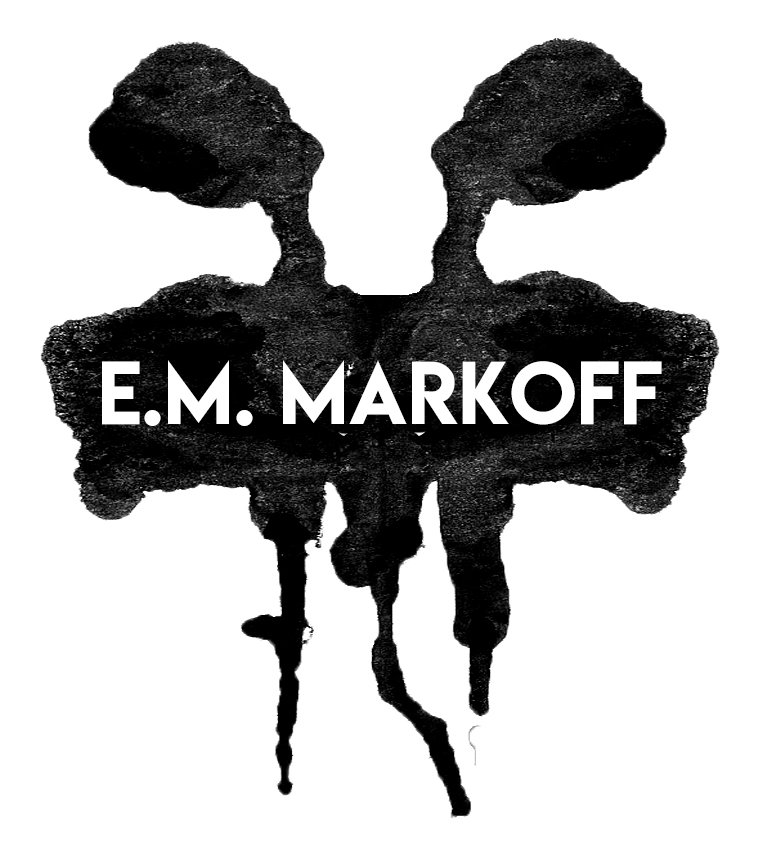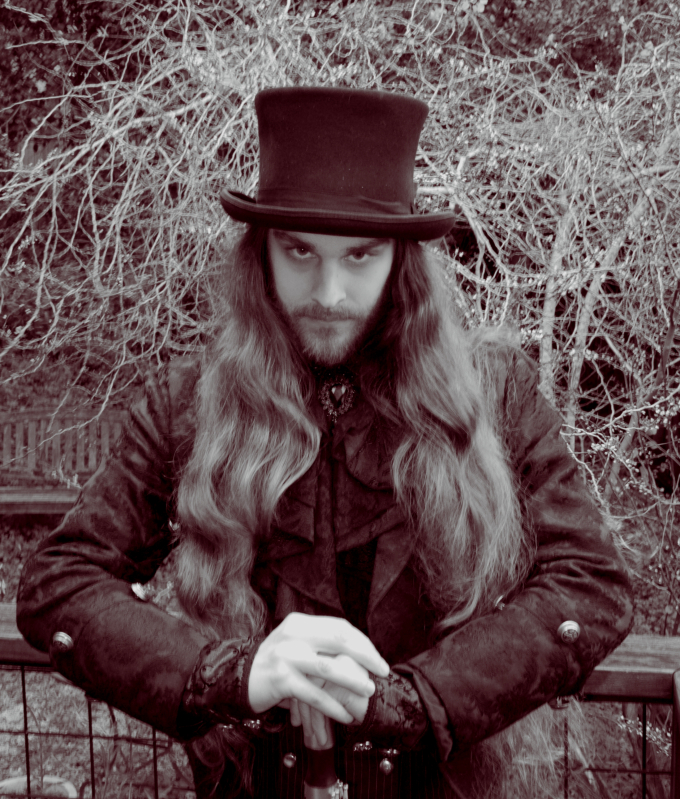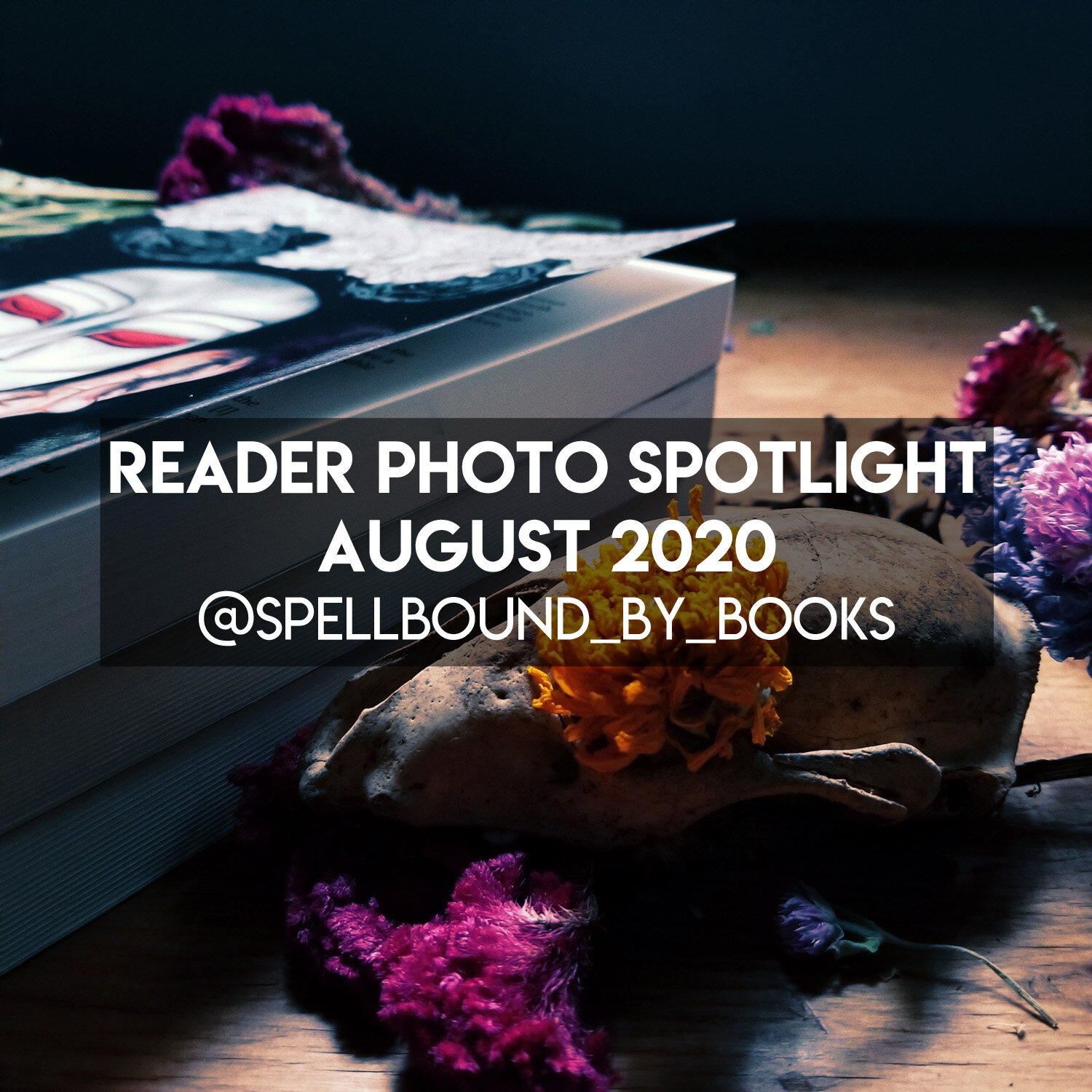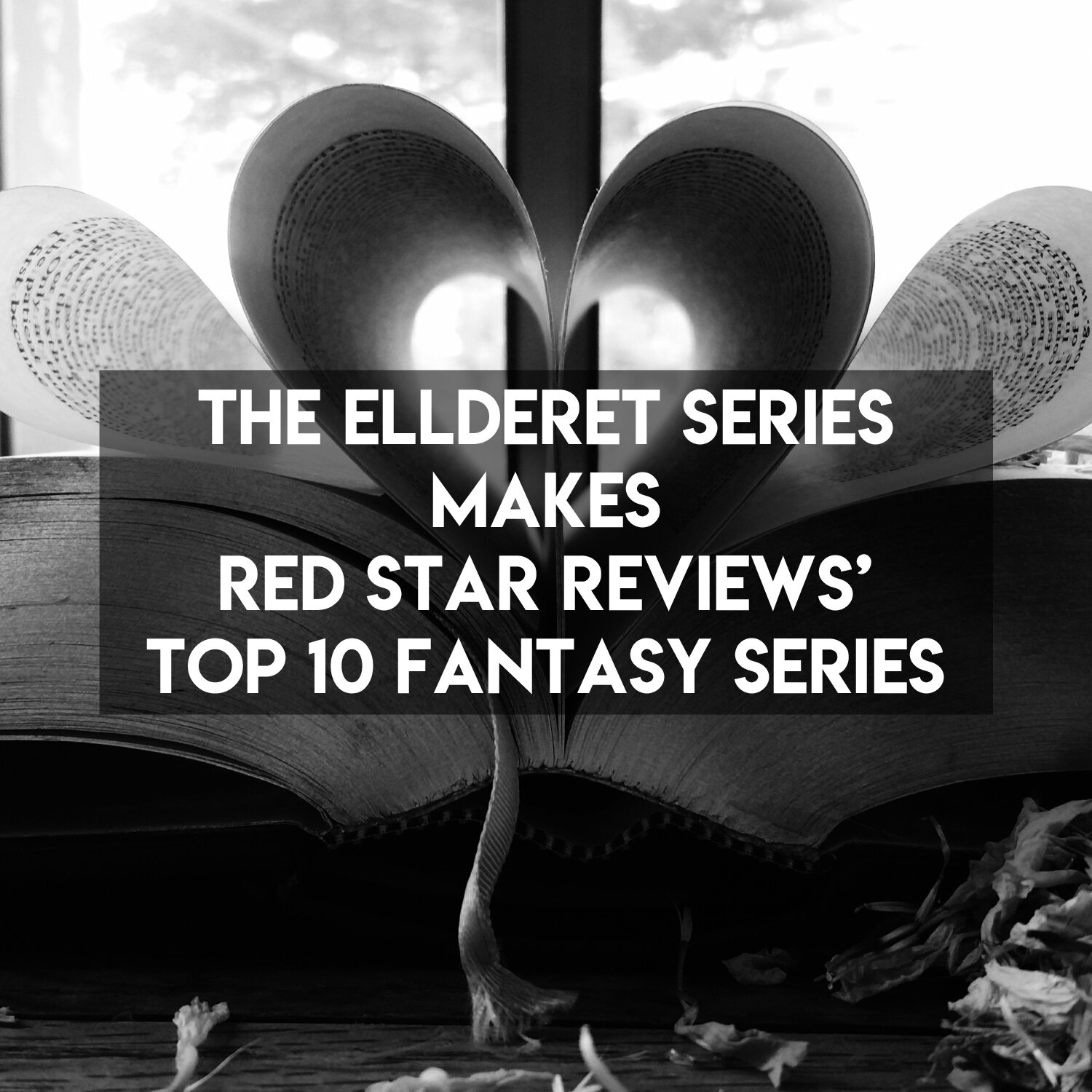Feb + March 2020 Bay Area Conventions: Indie Uncon, FogCON, and Oddities & Curiosities Expo
Convention season for me starts this Friday! First up is the San Francisco Indie Uncon, a three day convention dedicated to helping indie authors learn more about the business-side of writing. This will be my first time attending …
Feb 21-23: 2020 San Francisco Indie Uncon
Convention season for me starts this Friday! First up is the San Francisco Indie Uncon, a three day convention dedicated to helping indie authors learn more about the business-side of writing. This will be my first time attending, but what I’m excited about from the con’s description is that it’s supposed to be about indie authors coming together to freely share their knowledge. It’s authors supporting authors instead of “come learn about our paid services.”
You can learn more about the 2020 San Francisco Indie Uncon at https://kellymcclymerbooks.com/san-francisco-indie-uncon/.
March 6-8: FogCON 10
Walnut Creek, CA
2 Panels + 1 Reading
All my books will be available at the Borderlands Bookstore table in the Dealers Room
I’m going to be on two panels at this year’s FogCON, and I will also be reading from my work alongside authors L. S. Johnson, Loren Rhoads, and Sian Jones. I still haven’t decided what to read but, with nearly 16 minutes of reading time, I’m leaning toward an excerpt from The Deadbringer.
The two panels I will be on are (1) Things I Wish I’d Known Earlier: Writing Edition, and (2) Shades of Fear: Color in Horror.
For more detailed information about the panels head on over to my events page.
Oddities & Curiosities Expo
San Mateo Event Center | San Mateo, CA
All my books will be available for purchase
Prints by The Ellderet Series cover artist, Pink Pigeon Studio, will be available for purchase
I will be joining Loren Rhoads (199 Cemeteries to See Before You Die) and L.S. Johnson (Rare Birds)
As the title suggests, this is a convention celebrating all things dark <3 This will be my first time at this convention - exciting!
Guest Post: How Metal Changed My Life by Jonathan Fortin
My short story Requiem in Frost is not exactly autobiographical. I’m not a Norwegian girl, and I’ve never lived in a house haunted by the ghost of an extreme metal musician. But there is an important facet that is taken fairly directly from my own life …
My short story Requiem in Frost is not exactly autobiographical. I’m not a Norwegian girl, and I’ve never lived in a house haunted by the ghost of an extreme metal musician. But there is an important facet that is taken fairly directly from my own life.
Requiem is the story of Ingrid, a fourteen-year-old girl who discovers music that speaks to her after finding it abrasive throughout her childhood. This was more or less my own experience growing up as a hypersensitive autistic boy. Bright sunlight hurt my eyes; my first time showering felt like needles were puncturing my back; I was disgusted by food that everyone else loved; and music made my ears hurt. That last one made me feel especially alone in the world; who didn’t like music? It didn’t help that my dad was a jazz guitar player, and my brother a drummer, whose drum set took up a big chunk of the room we shared. At school, the other kids blared hip-hop, the bass turned up so high that I felt its vibrations in my chest and temples—an uncomfortable, violating sensation that would render me unable to think or function.
As a result of all this, I considered music to be abrasive, inescapable noise that was forced upon me. I enjoyed certain movie soundtracks and didn’t mind the angsty punk rock that my brother introduced me to, but nothing really awakened my passion until I turned seventeen, and I decided to seek out music of my own. I was obsessed with Tim Burton movies, and had got it into my head that I was a goth, even though I had yet to dress the part or listen to the music associated with the subculture. My school didn’t have too many goths, so I took to the internet, asking online acquaintances for suggestions—some of which I liked, some of which I didn’t. Slowly, I expanded my musical knowledge, and was soon hooked on goth, industrial, and of course metal.
My exposure to extreme metal began, as it did for many in my generation, with Cradle of Filth. At seventeen, I was not yet accustomed to screamed or growled vocals, finding them as abrasive as high-bass hip-hop. The beautifully gothic music video for Cradle of Filth’s “Nymphetamine” changed that. It mixed Dani Filth’s (rather silly) growls with clean, angelic vocals from Liv Kristine and a sumptuous visual style. I was so taken by the aesthetic of the clip that I watched it over and over, slowly becoming desensitized to the growled vocals. From there I moved on to Dimmu Borgir’s symphonic epic “Progenies of the Great Apocalypse,” and shortly thereafter moved onto more traditional (or “proper”) black metal acts—eventually falling in love with the likes of Emperor and Immortal. Amongst seasoned black metal fans, Cradle of Filth and Dimmu Borgir are largely a joke. Both bands are cheesy and commercialized when compared to true black metal. But I think it’s important to realize that these bands can serve as a gateway to what many of us think of as better music.
Black metal doesn’t have the best reputation. Most “normal” people find it too abrasive to listen to; its history is full of suicide, church-burning, and murder; and there’s an unfortunate Neo Nazi contingent in the fandom. But for me, the dark music became a source of comfort and catharsis, its abrasions somehow healing, its barbarism somehow peaceful. It also became a source of community, allowing me to meet other people with similar interests and beliefs. I cannot understate what a hugely significant thing this was. Growing up, I didn’t have too many friends—I was awkward, shy, and didn’t have too much in common with my peers. Discovering my music allowed me to discover my people.
In other words, this dark, satanic music was a wholeheartedly positive influence on my life, and a big reason why I managed to grow up into a well-adjusted, high-functioning adult.
You’ll have to read Requiem in Frost to find out whether the same can be said for Ingrid.
3rd Annual Tales of Horror at the San Mateo Public Library
This Wednesday, 10/2, at 7pm-8:30pm, I will be at the 3rd Annual Tales of Horror at the San Mateo Public Library. I had quite a lovely time at the 2nd Annual Tales of Horror …
This Wednesday, 10/2, at 7pm-8:30pm, I will be at the 3rd Annual Tales of Horror at the San Mateo Public Library. I had quite a lovely time at the 2nd Annual Tales of Horror and am looking forward to reading to the public once again! Last year’s event was a lot of fun with authors dressing up in costumes and reading excerpts from their books. I’m hoping to dress up again this year, but lately the Kleenex box has been my best friend. Maybe I can be a catrina with a head cold. lnstead of a crown of roses in my hair, maybe I should consider a crown of tissues, lol!
I’ll have a limited number of copies of “Leaving the #9,” The Deadbringer, and To Nurture & Kill on hand for sale. And since you’ll be buying direct from me, all purchases will include a free limited edition Ellderet bookmark (while supplies last). If you’re one of my Newsletter of the Cursed subscribers, you know all about the trials and tribulations behind these bookmarks. If you’re not subscribed, please consider becoming one of The Damned. The Faceless God will most certainly be getting its own limited edition bookmark, and I would like to ask my newsletter subscribers to help me choose the design.
The Damned strike a pose
Authors from left to right: Loren Rhoads, Mercy Hollow, EM Markoff, Emerian Rich
So yeah, if you’re looking for a night of spooky stories read by costumed authors dressed to impress, then the 3rd Annual Tales of Horror is for you! Many thanks to the San Mateo Public Library for hosting the event (#supportlocallibraries) and to HorrorAddicts.net for organizing.
The following authors will also be reading at the event: Emerian Rich, Jonathan Fortin, J. Malcolm Stewart, Trinity Adler, Loren Rhoads, Laurel Anne Hill, Ben Monroe, R.L. Merrill, Mercy Hollow, and Sumiko Saulson.
2019 Upcoming Events:
10/2/19: Tales of Horror | San Mateo Library | San Mateo, CA | Free | Reading
10/11/19: Stephen Chbosky with E.M. Markoff | Kepler’s Literary Foundation | Menlo Park, CA | 7:30pm - 9pm | Buy tickets
10/19/19: Lit Crawl | Dalva | San Francisco, CA | Free | Reading
My Experience Growing Up Bilingual and How That Informs The Pronunciation of Names in my Books
This post is spoiler free. This post is indebted to a long-time Ellderet reader who stopped by my booth at SVCC 2019 to ask how to pronounce certain names from The Deadbringer. He told me the way he pronounced them, and I told him the way I pronounced them …
Part 1:
In which statements are made, but first . . .
This post is spoiler free. Here only for the pronunciation? I gotcha. Scroll down to Part 2 and Fortune be with you. But if you want to get a clear sense where my pronunciations come from and why I have some names pronounced two different ways, then read on.
This post is indebted to a long-time Ellderet reader who stopped by my booth at SVCC 2019 to ask how to pronounce certain names from The Deadbringer. He told me the way he pronounced them, and I told him the way I pronounced them. This conversation prompted me to ask him if a glossary on pronunciation would be a welcome addition to The Faceless God. I can’t recall the exact words he used in response, but he did say that a glossary or something that explained “however you say the names, even if it’s made up” would be welcome.
This got me thinking how I—as someone who grew up speaking and consuming both English and Spanish—approached names in fantasy books. I realized that more often than not that I say the names of characters, places, cities, etc. with a Spanish pronunciation, especially if the spelling lends itself to it. This feels natural to me. Is this my subconscious way of inserting my culture into my everyday narrative so I can see myself represented? Possibly — I do want to see myself in the world around me and in the fantasy stories I read. All those fantasy names with lots of r’s? You can bet I was rolling the r’s in Perrin Aybara’s name.
As for the world of the Ellderet, the way I approach pronunciation is rooted in my experiences as a first generation bilingual Latinx. That is, I often pronounce the names in two different ways, as if reading them in both English and Spanish. Let’s use the name “Judas” as an example. In English, the word has a hard “J” sound (“joo-dus”), while in Spanish the “J” sounds more like an “H” as in “hoo-dahs.” (As you can no doubt tell, I don’t know shit about linguistics.) In my own personal experience, it wasn’t uncommon for me to hear bilingual speakers pronounce their name or a word (like “guacamole”) in both English and Spanish, and to switch back and forth between the two pronunciations in everyday conversation (Spanglish!).
Circling back to the name Judas, if it were my own name, would I prefer being addressed with one pronunciation over the other? It depends. It’s the individual who dictates how their name is pronounced, not everyone else around them. Data from Star Trek: The Next Generation most certainly had a preference, made it known, and asked others to respect his preferred pronunciation. There may be a character in the world of the Ellderet who shares Data’s views. Feel free to take a guess who it is 🙃
Commander Data explains the proper pronunciation of his name.
I most likely did a terrible job explaining myself but, as I mentioned before, I’d never given this topic much thought. For me, switching back and forth between languages, especially when I’m speaking with someone else who grew up speaking both English and Spanish, is normal. Being bilingual is a part of my everyday life and has no doubt found its way into my writing. #OwnVoices, y’all.
Part 2:
Finally, the pronunciation!
One last thing before I show off my amazing phonetic skills . . . Dear reader, say the names how they feel the most natural to you. But, if you want to know how I say them—how the characters refer to themselves in my head—then prepare to enter the madness I warned you about!
The Ellderet Cast
Kira Vidal (Kee-rah or Keer-uh Vee-dahl)
*Eutau Vidal (Oo-tow Vee-dahl)
Elia (Ee-lee-ah)
Sal Zem (Sahl Sem)
Kim Lafont (umm, Kim. Luh-fahnt)
Teemo-Na’dissima Rey de’Es (Tee-mow Nah-dee-see-mah)
J’kara (Jay-kah-ra or Jah-kah-ra)
Lyse (Leez)
Daemeon (Day-mee-on)
Natsu’es (Naht-soo-ess)
Huas-lan (Whas-lahn)
Telera (Te-le-rah)
E’sinea (Eh-see-nee-a or Ee-sin-ay-ah)
Amonos (Ah-mo-nohs)
Marya Herzmmen (Mar-yah Hers-men)
Kristoff Herzmmen (Kris-toff Hers-men)
Ga’jona (Gah-jo-nuh)
Sa (Sah)
Lauchitl (Lau-che-tle)
Adan (Ah-dahn)
*Eutau. It’s Oo-tow, but “tow” as in “ow!” not “I need to tow my car.” :)
The cities and towns of Moenda
Opulancae (Op-you-len-say)
Suelosa (Swey-low-sah or Sue-los-ah)
Rhaemond (Ray-mond)
Xulmé (Shul-meh)
Ilvra (Eel-vrah)
Kessrennt (Kess-rent)
Jané (Ha-neh or Juh-nay)
Ayotil (Ah-yo-teel)
Nhaleri (Nah-le-re)
Florinia (Flo-ree-neeh-ah or Flor-in-ee-uh)
Ulivi (Oo-le-ve)
It may seem strange that I have multiple pronunciations for the same words, but that’s what growing up bilingual is all about.
How would you pronounce these words? 🤔
Until next we meet,
EMM 🥀
2019 Upcoming Events:
10/2/19: Tales of Horror | San Mateo Library | San Mateo, CA | Free | Reading
10/11/19: Stephen Chbosky with E.M. Markoff | Kepler’s Literary Foundation | Menlo Park, CA | 7:30pm - 9pm | Buy tickets
10/19/19: Lit Crawl | Dalva | San Francisco, CA | Free | Reading

























